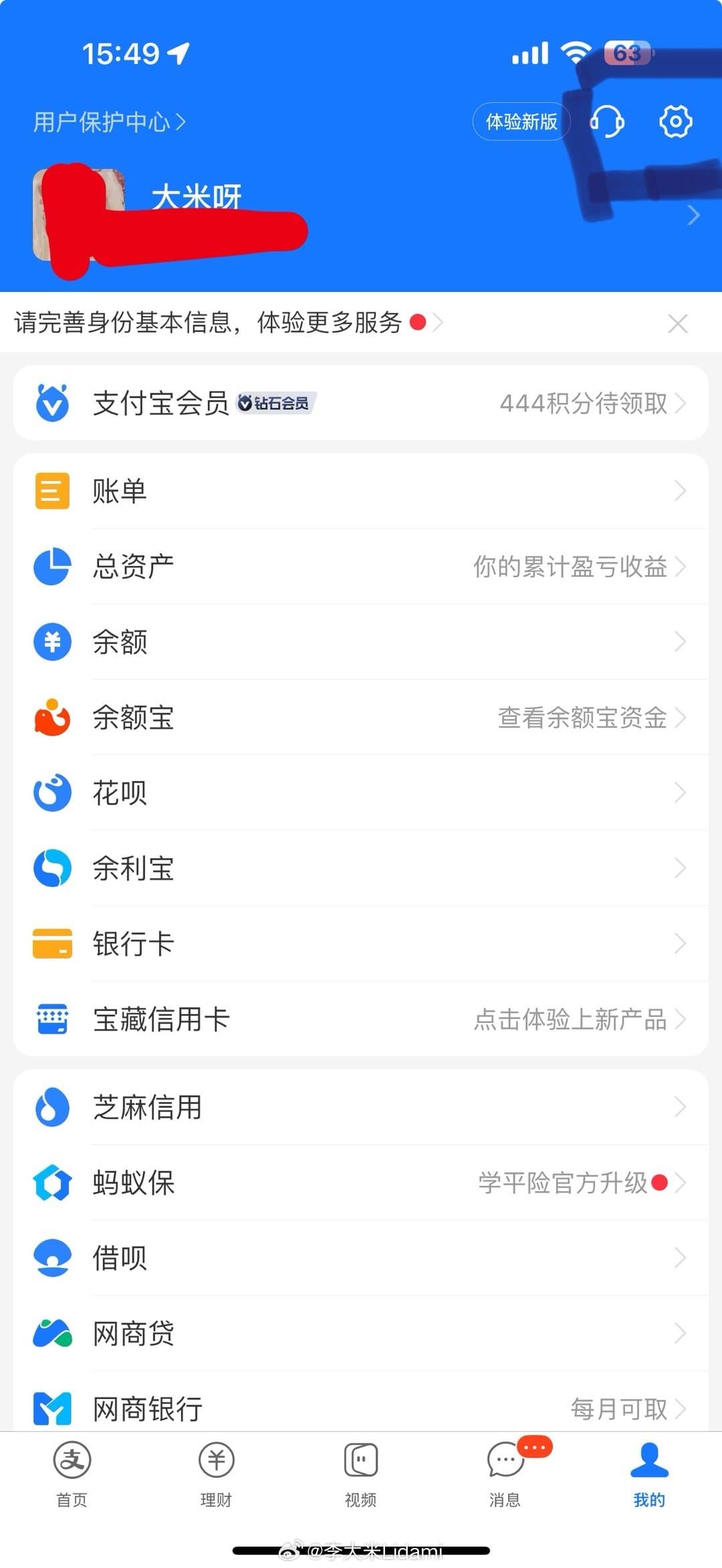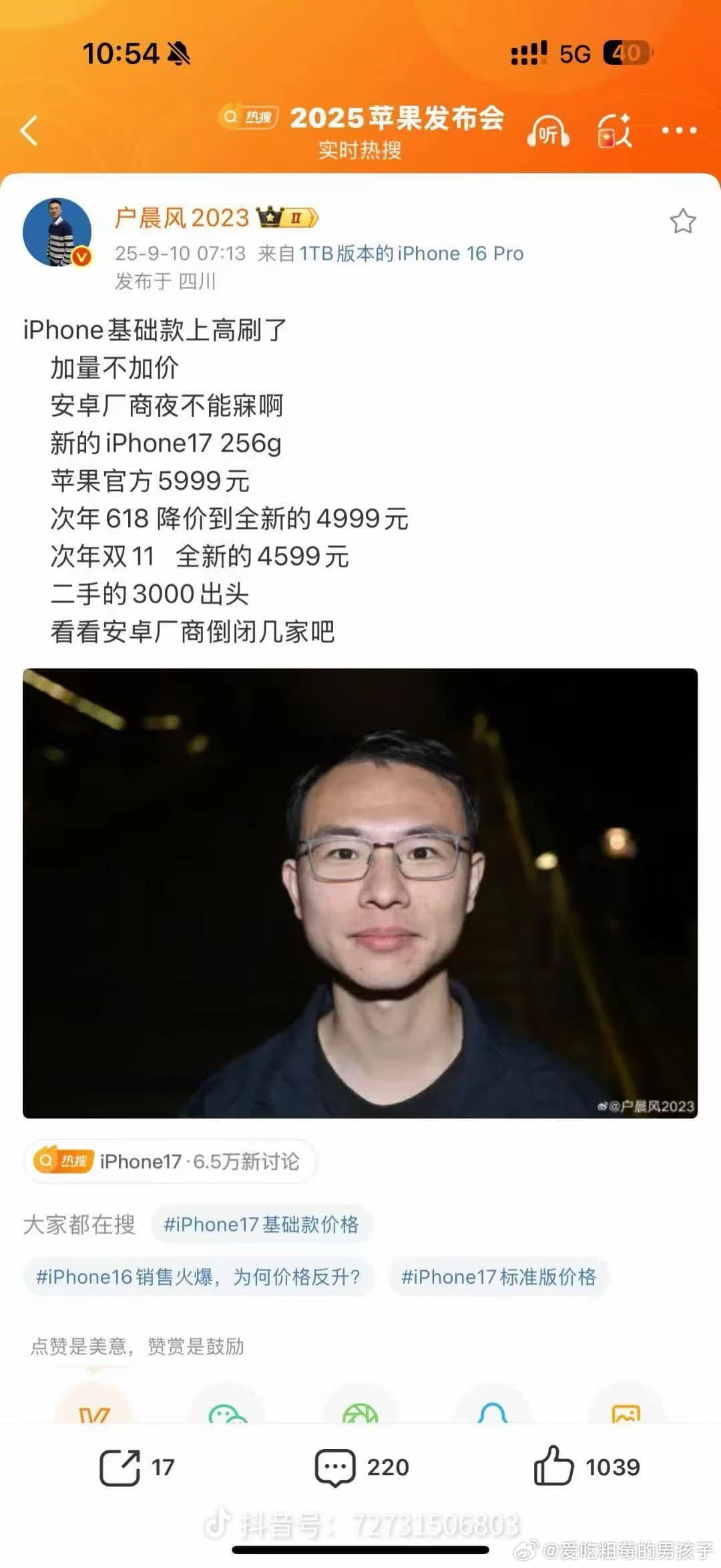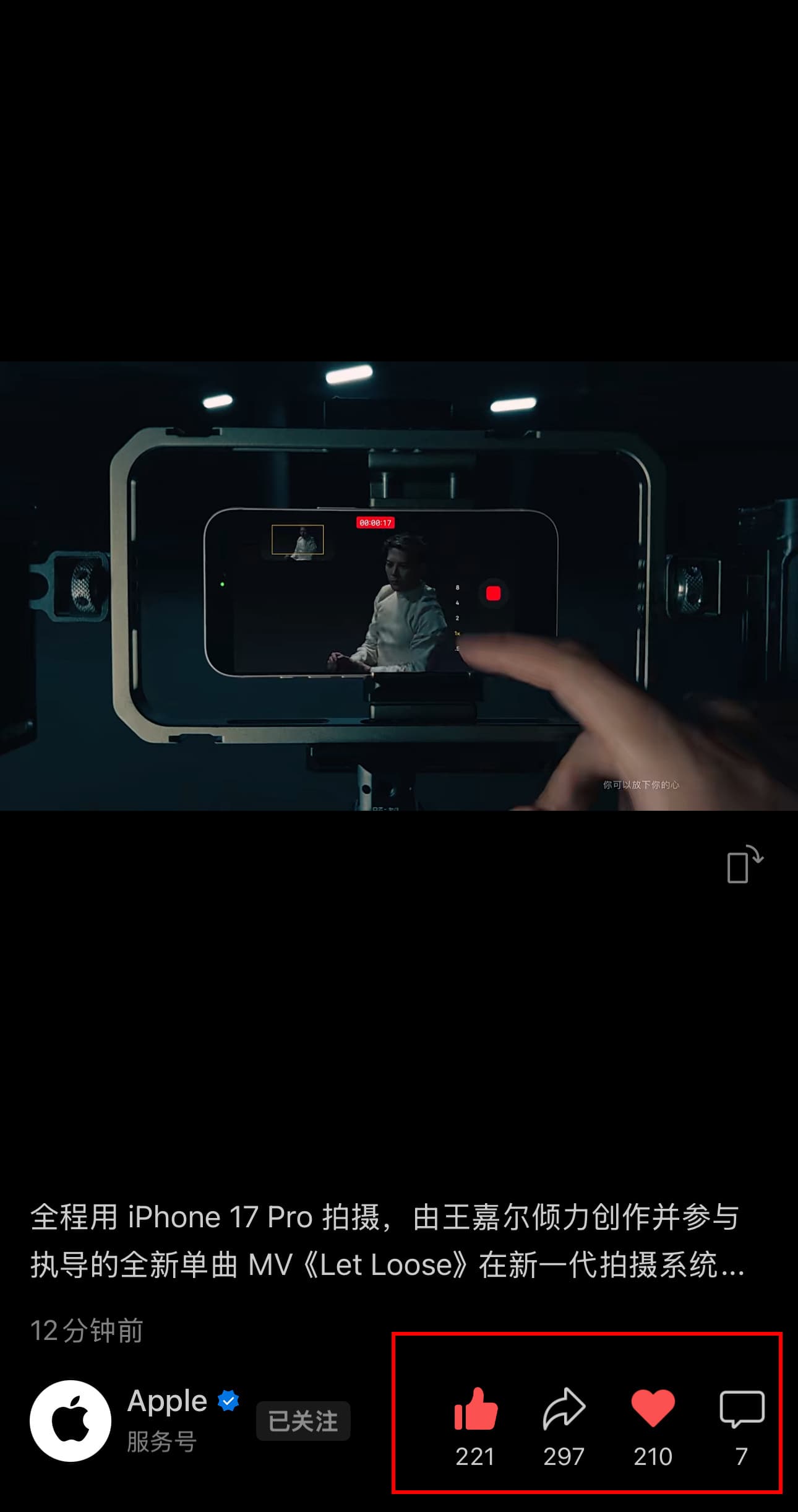OpenAI's Sora: The Revolutionary Text-to-Video AI and its Impact on Tech and Society
On February 16th, 2024, OpenAI, a leading AGI (Artificial General Intelligence) company, unveiled their latest model: Sora, a text-to-video AI. Despite the launch's lack of pre-promotion, Sora quickly became a hot topic in tech circles, attracting elites such as 360 founder Zhou Hongyi and top AI scholar Yang Lifeng.

18 February 2024
Unlike previous text-to-image models like DALL-E, Sora is the first text-to-video model released by OpenAI. Although it's currently only available to a limited number of users and its capabilities to create videos detached from reality are yet to be ascertained, Sora has already made quite an impact. The model has broken ground by achieving video generation lengths of up to one minute, delivering public demonstration videos with high quality and realism.
The launch elicited significant reactions from netizens on China's Twitter-like platform, Weibo. Some showed excitement about the potential of the model, commenting, "Rich people get richer, the tech gets smarter. AI is so cool!" Others humorously pointed out, "Early in the morning, AI is already making businesses money". These reactions not only reflect the buzz around Sora, but also the level of public engagement with AI technology.
Beyond the tech community's excitement, market analysts predict that the immense potential and implications of Sora could extend beyond just the tech field. According to financial reports from numerous brokerage firms, Sora is set to revolutionize the AI industry, with some comparing it to the release of the first iPhone.
In just three days after the announcement of Sora, 14 brokerage firms had issued 19 research reports on the model, widely praising its potential impact. JP Morgan described Sora as "the iPhone moment of the AI industry", while Guotai Junan Securities said it marks the "new era of AI video synthesis".
Despite the optimism and hopes pinned on Sora, some concerns also appear. Renowned AI scientist Yang Lifeng, winner of the Turing Award and Chief AI Scientist at Meta, commented on Weibo that although Sora has the potential for a "world simulation machine," there are still issues to resolve within the model.
In a world where AI is rapidly advancing, Sora represents the next significant milestone. While questions remain about its full potential and limitations, the public's interest and excitement are palpable. As with any technological leap, it will be intriguing to see how the industry, and society at large, adapt to this new era of AI innovation.
Despite being a new model, Sora is already the subject of numerous research reports from brokers and analysts across China. Among the most interesting insights is that Sora has the potential to significantly reshape video content creation and distribution. For instance, one report suggests that Sora could pose a disruptive threat to the traditional video production industry. The model could potentially allow anyone to create high quality, professional-level videos with minimal effort or cost, effectively democratizing access to professional-level video production.
The report also points out that Sora's ability to generate videos from text could open up new possibilities for advertisers and content creators. For instance, it could allow for the creation of customized, interactive ads that could significantly improve click-through rates. Furthermore, Sora's capacity to generate realistic graphics could also lead to significant breakthroughs in fields like architecture, engineering, and product design, enabling designers to visualize their ideas in stunning detail.
Investors are also excited about the potential impact of Sora on the broader AI industry. Many are predicting that Sora could kickstart a new wave of investment in AI technology, with firms like Nvidia set to benefit from the increased demand for high-performance computing hardware. Indeed, Nvidia's stock price surged by over 10% following the announcement of Sora, as investors rushed to cash in on the AI boom.
While it's still early days for Sora, there's no doubt that the model has captured the imagination of the tech world. Whether it lives up to the immense hype remains to be seen. However, one thing is clear: the era of AI-generated video content is just beginning, and Sora is leading the charge.
Meanwhile, there are concerns about the impact of Sora and other AI technologies on the job market, particularly in fields like video production, advertising, and design. Some fear that the democratization of video production through models like Sora could lead to widespread job displacement, as firms seek to replace human workers with AI-generated content.
Others argue that AI technologies like Sora will simply change the nature of work, rather than replace human workers entirely. For instance, they suggest that as AI technologies become more sophisticated, human workers will need to adapt and develop new skills to remain relevant in the job market. This could involve developing expertise in areas like AI training or data analysis, as these are likely to become increasingly important in the age of AI.
In conclusion, Sora represents a significant milestone for the AI industry, eliciting both excitement and concern about its potential impact on society. While some see it as an incredible leap forward, others worry about the potential job displacement and the need for humans to adapt to a rapidly changing technological landscape. What is certain, however, is that Sora has captured the public's imagination, and that the era of AI-generated video content is just beginning.
It's a topic that is likely to dominate the conversation within the tech community for the foreseeable future, with many analysts predicting that Sora could signal the beginning of a new wave of AI innovation. Whether or not Sora lives up to the hype, it's clear that the model has put the power of video production into the hands of the masses, opening up new possibilities for creative expression, education, and information dissemination. As with any technological shift, the challenge now is to ensure that society benefits from the changes, rather than merely adapting to them.
With continued investment and development in AI technologies like Sora, the future looks bright. But as with any leap forward, we must also be mindful of the potential downsides and societal implications. Only time will tell how this latest chapter in the AI story will play out, but one thing is certain: the world of video content generation will never be the same again.
Share this article
Related Articles

Alipay Users Rush to Revoke Permissions Over Hidden Authorizations, Sparking Nationwide Privacy Debate
By Trending on Weibo
Tech
15 Sept 2025

Pinduoduo’s “Journey to the West” Campaign Delivers Free Shipping to China’s Remote Western Provinces.
By Trending on Weibo
Tech
12 Sept 2025

Apple’s iPhone 17 Pro Camera Ignites an Industry Arms Race, Democratizes Visual Storytelling, and Fuels Privacy Debate.
By Trending on Weibo
Tech
12 Sept 2025

Huawei Launches World’s First Mass‑Produced Tri‑Fold Smartphone, the Mate XT, Sparking a Premium Market Shake‑Up
By Trending on Weibo
Tech
12 Sept 2025

Jackson Wang Films “Let Loose” Music Video Entirely on Apple’s iPhone 17 Pro, Highlighting Mobile Filmmaking Power】
By Trending on Weibo
Tech
11 Sept 2025